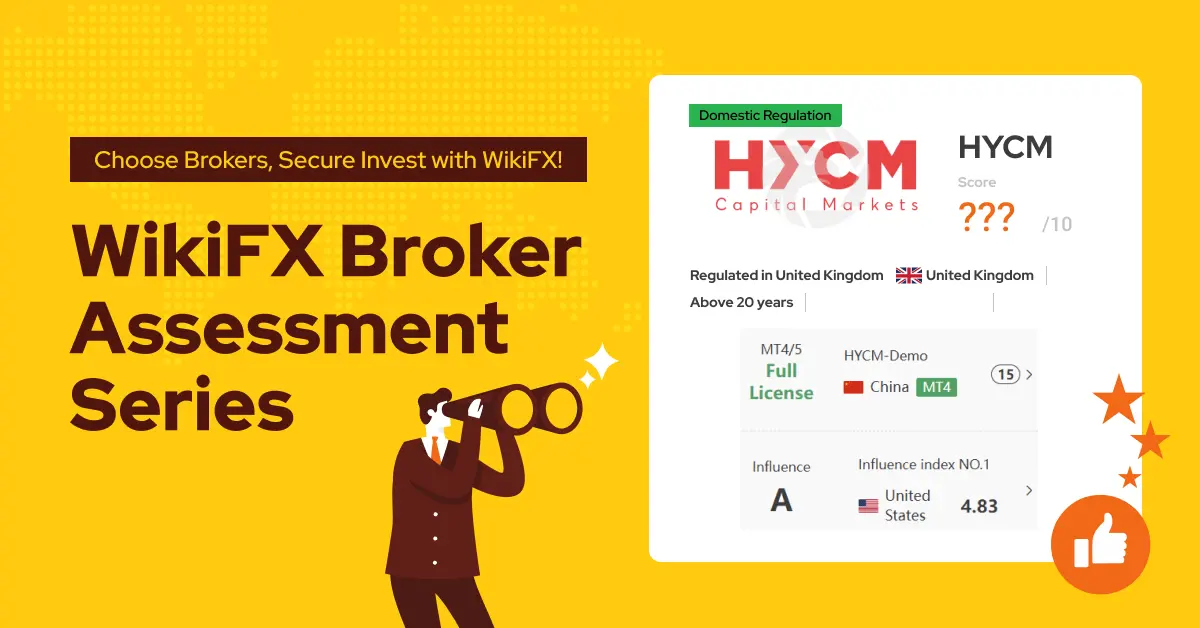简体中文
繁體中文
English
Pусский
日本語
ภาษาไทย
Tiếng Việt
Bahasa Indonesia
Español
हिन्दी
Filippiiniläinen
Français
Deutsch
Português
Türkçe
한국어
العربية
ECN vs. STP Brokers: Which is Better for You?
Abstract:The most common types of broker are ECN (Electronic Communication Network) and STP (Straight Through Processing). Both offer unique advantages, but which is better? In this article, we’ll explore the differences between these two broker types and their benefits, helping traders make an informed decision.

In the world of online trading, selecting the right broker can be crucial to your success. One of the key factors to consider is the type of broker you choose to work with. The most common types are ECN (Electronic Communication Network) and STP (Straight Through Processing). Both offer unique advantages, but which is better? In this article, well explore the differences between these two broker types and their benefits, helping traders make an informed decision.

ECN brokers offer traders direct access to the market by connecting them with liquidity providers such as banks, hedge funds, and other traders. These brokers act as intermediaries without taking positions against the trader, which can eliminate conflicts of interest.
One of the key advantages of an ECN broker is that they offer tight spreads, especially during periods of high market liquidity. ECN brokers allow for real-time order execution, which is attractive to traders who focus on quick trades, such as scalpers or high-frequency traders.
Transparency is another major benefit of ECN brokers. They display the depth of the market, showing the available buy and sell orders, which provides greater insight into market sentiment. This can give traders more confidence in their trading strategies.
However, ECN brokers typically charge a commission per trade, which can add up, especially for high-volume traders. Additionally, the spreads may widen during times of low liquidity, which could be a disadvantage for traders looking to avoid high trading costs.

STP brokers, on the other hand, use Straight Through Processing to route client orders directly to liquidity providers without any intervention from a dealing desk. Unlike ECN brokers, they may offer variable spreads that can adjust based on market conditions.
One of the main advantages of STP brokers is the simplicity they offer. Orders are routed efficiently, allowing for fast execution, which can be beneficial in fast-moving markets. Unlike market makers, who may take the opposite side of your trade, STP brokers typically pass orders to liquidity providers, reducing the chance of a conflict of interest.
STP brokers also appeal to a wide range of traders due to the absence of commissions on many platforms. Instead, they make money through slightly wider spreads. This makes them attractive to retail traders who want to avoid upfront costs. However, during periods of volatility or low liquidity, STP spreads can widen, potentially increasing trading costs.

The choice between an ECN or STP broker largely depends on a trader's style and priorities. For scalpers and high-frequency traders who need low spreads and high liquidity, ECN brokers may be the best option. Their transparency and ability to avoid conflicts of interest can also be a significant draw for experienced traders.
On the other hand, STP brokers can be ideal for traders looking for fast execution with minimal involvement in the technical side of trading. Retail traders who prioritize simplicity and wish to avoid commission fees might find STP brokers more appealing.
In conclusion, there is no one-size-fits-all answer. Traders should carefully evaluate their own needs, including trading style, market conditions, and tolerance for fees, when choosing between an ECN or STP broker. Both types offer distinct advantages, and the best choice depends on aligning those with personal trading goals.

Disclaimer:
The views in this article only represent the author's personal views, and do not constitute investment advice on this platform. This platform does not guarantee the accuracy, completeness and timeliness of the information in the article, and will not be liable for any loss caused by the use of or reliance on the information in the article.
Read more

Tradu Introduces Tax-Efficient Spread Betting for UK Traders
Tradu’s introduction of tax-efficient spread betting and groundbreaking tools like the Spread Tracker signals a new era of accessible, competitive, and innovative trading solutions for UK investors.

ACY Securities Integrates MetaTrader 5 to Enhnace Copy Trading Service
ACY Securities brings a better copy trading experience with Tradingcup and MetaTrader 5, making it easier to follow expert signals and grow your trades.

Exnova Scam Alert: Account Blocked, Funds Stolen, and Zero Accountability
Exnova Forex scam exposed! Victim report blocked account and stolen funds from this unregulated broker. Learn how they operate and why you should stay far away.

WikiFX Review: Is HYCM still reliable in 2024?
HYCM is an online broker offering a wide variety of market instruments. WikiFX reviewed HYCM a few years ago. However, we wonder if this broker is still reliable in 2024 and the coming 2025. WikiFX has made a comprehension review of this broker to help you better understand the truth.
WikiFX Broker
Latest News
High-Potential Investments: Top 10 Stocks to Watch in 2025
US Dollar Insights: Key FX Trends You Need to Know
Why Is Nvidia Making Headlines Everywhere Today?
Discover How Your Trading Personality Shapes Success
FINRA Charges UBS $1.1 Million for a Decade of False Trade Confirmations
Bitcoin in 2025: The Opportunities and Challenges Ahead
BI Apprehends Japanese Scam Leader in Manila
Big News! UK 30-Year Bond Yields Soar to 25-Year High!
SQUARED FINANCIAL: Your Friend or Foe?
Join the Event & Level Up Your Forex Journey
Currency Calculator






